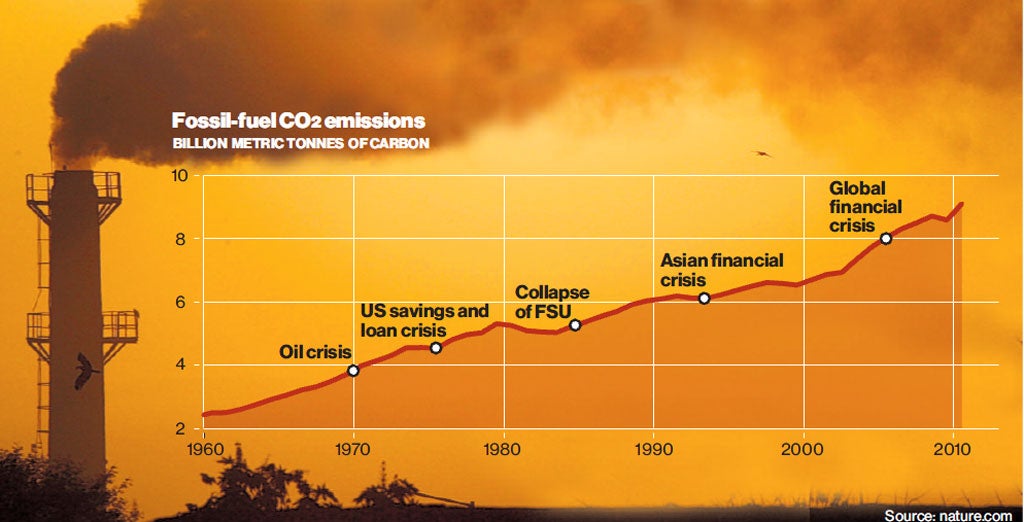India emerges as chief opponent of a new global-warming treaty
Country baulks at UN climate conference, concerned about cooling its red-hot economy

India is now the leading opponent of a new comprehensive global-warming treaty, it became clear at the weekend after the first week of negotiations at the UN Climate Conference in Durban, South Africa.
The world's second most populous country has resolutely set its face against a fresh climate deal that at some stage would involve every country in the world cutting its carbon emissions in an effort to bring climate change under control.
The Indians are refusing to approve anything that might put a brake on their economy, now expanding with growth in 2010 estimated at 10.4 per cent. Its carbon emissions are growing at more than 9 per cent a year, the fastest of any major nation, and the country has shot up to become the world's third biggest carbon emitter, after China and the US.
But the Indians are relying on this growth to take hundreds of millions of their nearly 1.2 billion people out of poverty and they want nothing to do with curbing these emissions.
Instead, along with some other emerging economies, India is seeking a renewal of the Kyoto Protocol, the 1997 climate agreement due to run out next year under which Western industrialised countries agreed to make reductions in their emissions of greenhouse gases, while developing countries such as China and India had no obligations to make cuts at all.
The conference and the whole 20-year UN climate negotiating process are threatened with stalemate over the Kyoto issue, as three nations – Japan, Russia and Canada – have stated that they will not renew the protocol under any circumstances, considering it wholly unfair. Britain and the EU are trying to break the deadlock, offering to renew the protocol as long as agreement can also be reached on a way forward, a "road map", towards a new all-embracing climate treaty, to be signed by 2015 – a legally binding framework by which each country would be committed to take action over its CO2 emissions, although not necessarily to the same degree or at the same time.
Without such a treaty, there is no chance of the world halting the rising temperature of the atmosphere.
Even the United States, which withdrew from Kyoto under President George Bush in 2001, has indicated in the talks here that it is not opposed to a new legally binding climate treaty, as long as it provides for "symmetry of obligations" – meaning that the Chinese and the Indians would abide by it as well.
The Chinese, formerly major opponents of a new climate deal, have been sending out some signals of flexibility, according to negotiators. But the Indians have been most resolute in their opposition, which was made public at the weekend.
Join our commenting forum
Join thought-provoking conversations, follow other Independent readers and see their replies
Comments
Bookmark popover
Removed from bookmarks